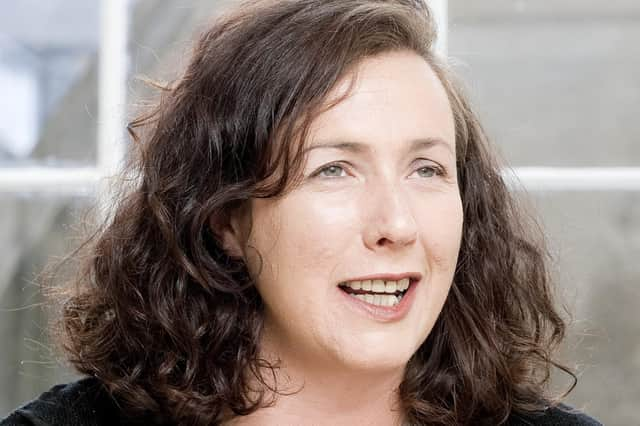Life after lockdown brings childcare challenges for separated parents - Shona Smith


The Covid-19 pandemic has touched all areas of our life, and caring for children is no exception. I see significant impacts starting to emerge, especially as a result of remote working.
Many parents who spent a lot of time in the office pre-pandemic were given a glimpse of what a more balanced work-home life might look like – and most of them liked it. It was tough, but they enjoyed seeing more of the children.
Advertisement
Hide AdAdvertisement
Hide AdNow, as some couples who lived through the harshest lockdowns start to separate, they are not content to look backwards. They will not accept just seeing their children every weekend, or every other weekend. They ask, ‘Why should it be like that? It wasn’t like that last year’.
I’m hearing them say, ‘We were both in the house. In fact, I'm still in the house more than my partner because they have to go into work’.
They tell me they were doing homework with their children, playing games with them, putting them to bed – very much sharing the care.
They don’t want that extra time with their children taken away. They want caring arrangements to reflect the new remote working reality. We are starting to see real changes in family arrangements in terms of work life and home life, and that will have an impact on child care after separation. The way we are structuring our post-pandemic economy and society means more people spending more time working at home. That’s not going to change.
I haven't yet met anybody who says they want to be back in the office five days a week from 8am-6pm. I'm sure there are some, but most people seem to want some level of flexibility.
There will be challenges for those who help families reorganise care arrangements for their children on separation as these changes start to have an effect. It will be difficult – because change is difficult. In some families, there will be a difference of opinion as to what is in their children’s best interests.
I understand why parents who have been at home much more want to continue to have more time with their children. However, I also understand why a parent who, pre-pandemic, made sacrifices to take on the majority of childcare feels they are the best person to care for the children for the majority of the time - irrespective of what happened during the pandemic.
This is all part of a longer-term trend that has seen a shift away from the main caring parent getting the vast majority of time with their children after separation. The law has changed over the last 20-30 years and society has changed too. We have moved more towards patterns of shared care and once unheard of, for a growing number of families, equal care.
Advertisement
Hide AdAdvertisement
Hide AdWe have a better balance – and I think the events of the last two years will lead to a further shift.
The pandemic has been very difficult for many children. I do however think that it is important to remember that there have also been some positives.
During the harshest lockdowns, with far more people working from home, families had to find new ways of sharing care. This sometimes meant a tag-team arrangement where one parent locked themselves in a room to work for a couple of hours while the other looked after the children – before switching roles. It sometimes meant a parent who was normally office-based and away from home taking on much greater responsibility. Has it been good for children who have seen more of both parents due to the rapid rise in home working? In some cases, yes – though obviously not in homes where there are abusive or neglectful relationships
For most people, there is no going back. It’s all about moving to the new normal – or whatever you want to call the aftermath of these very abnormal times.
Shona Smith is Head of Family Law at Balfour+Manson